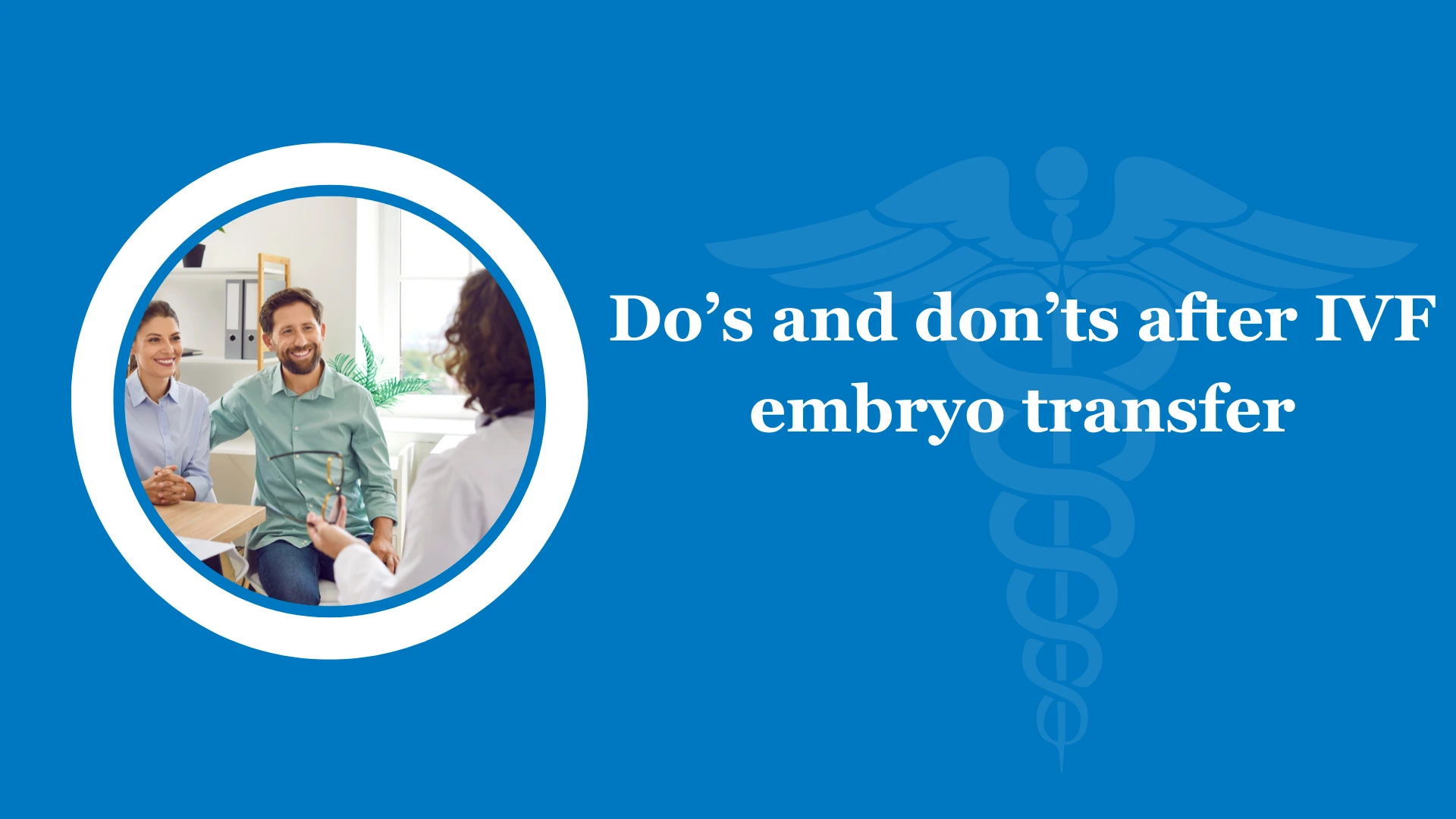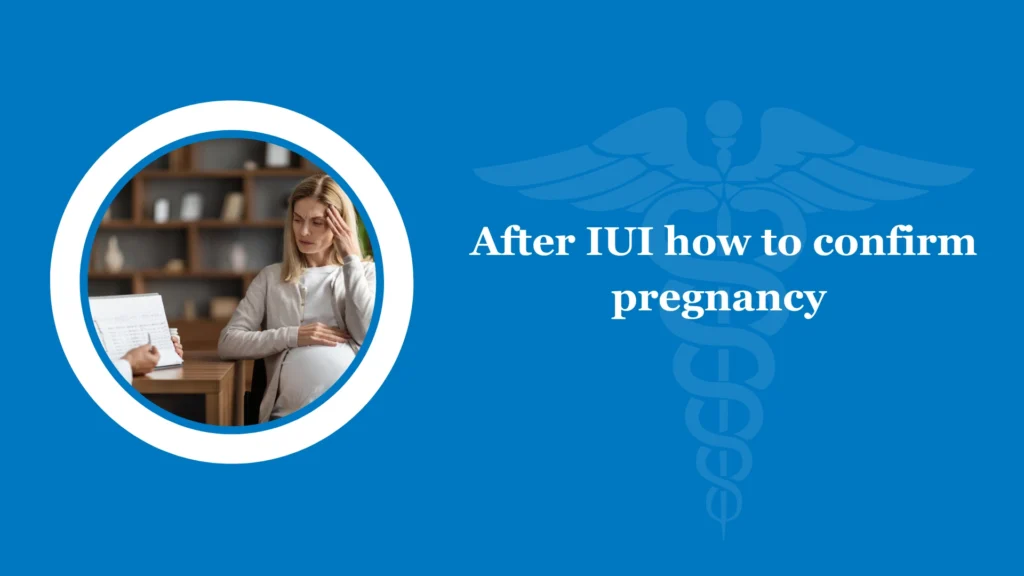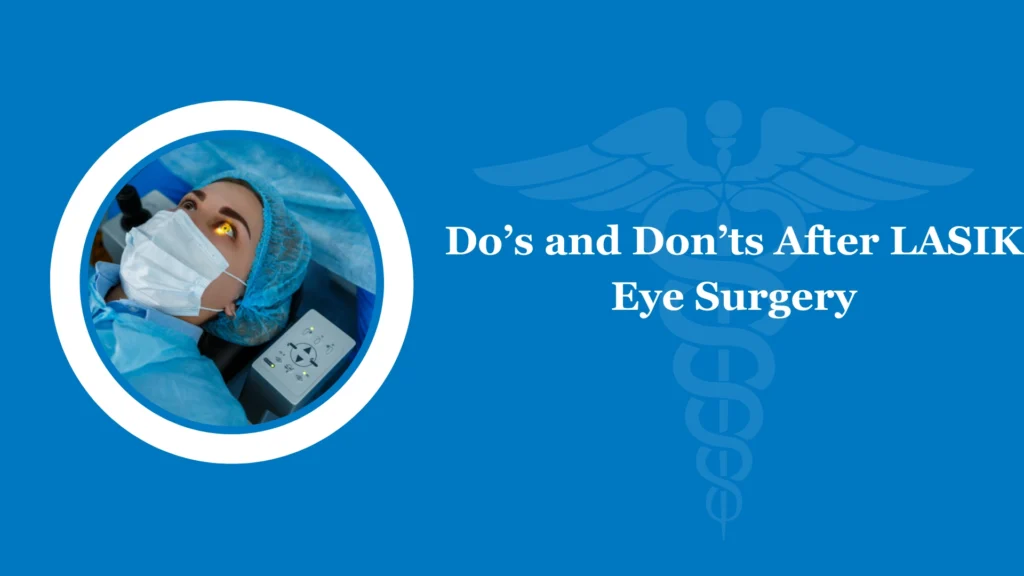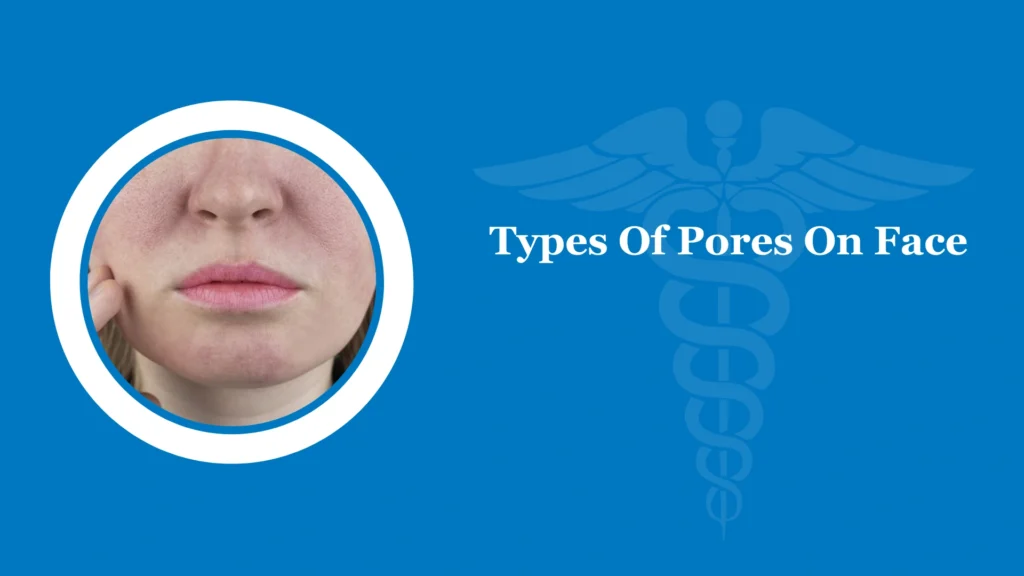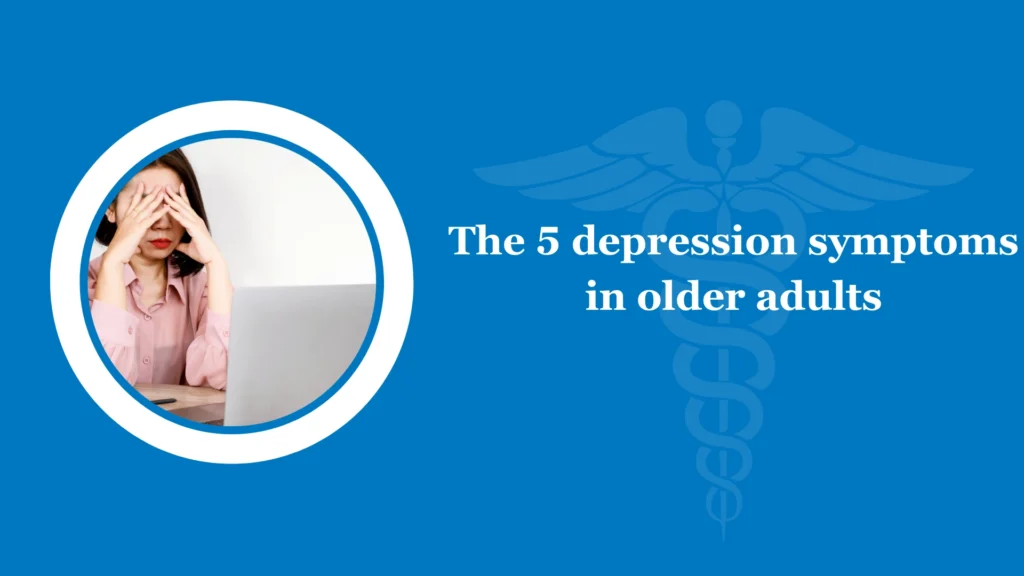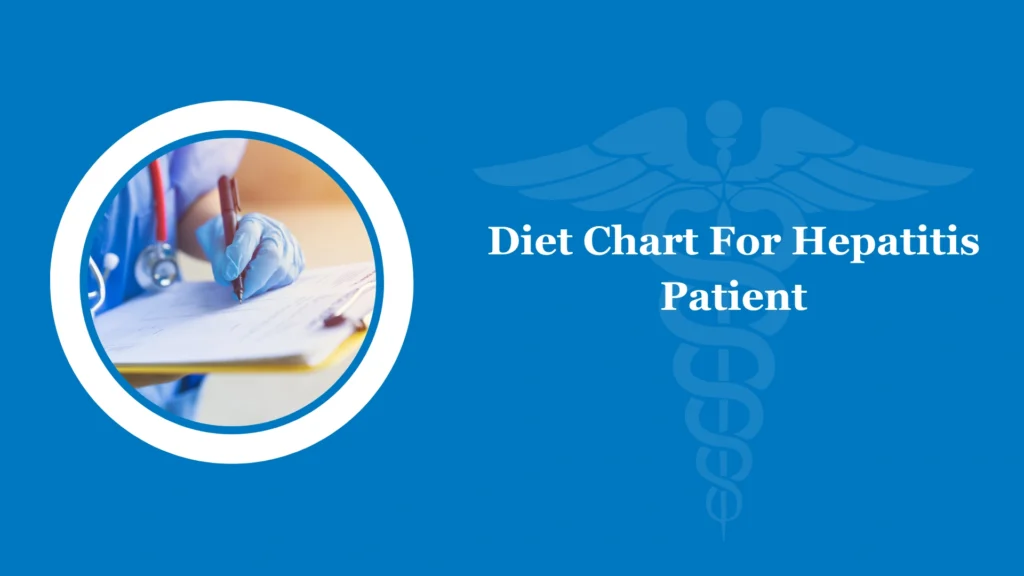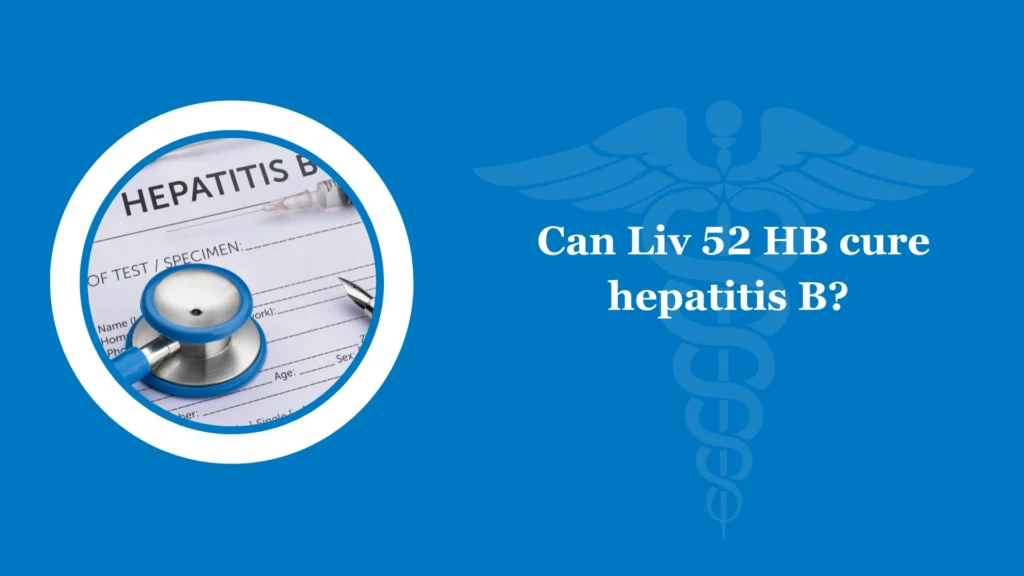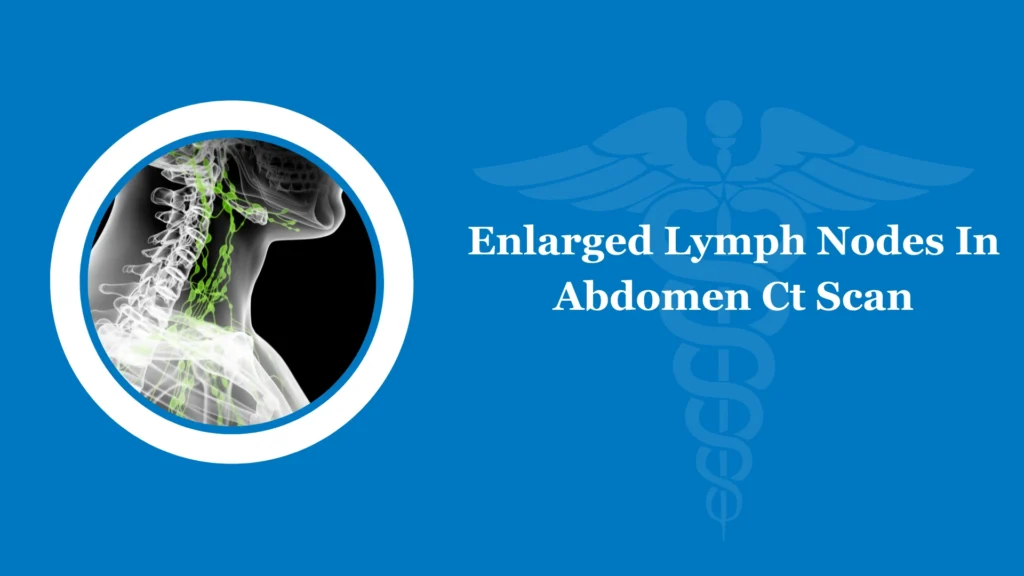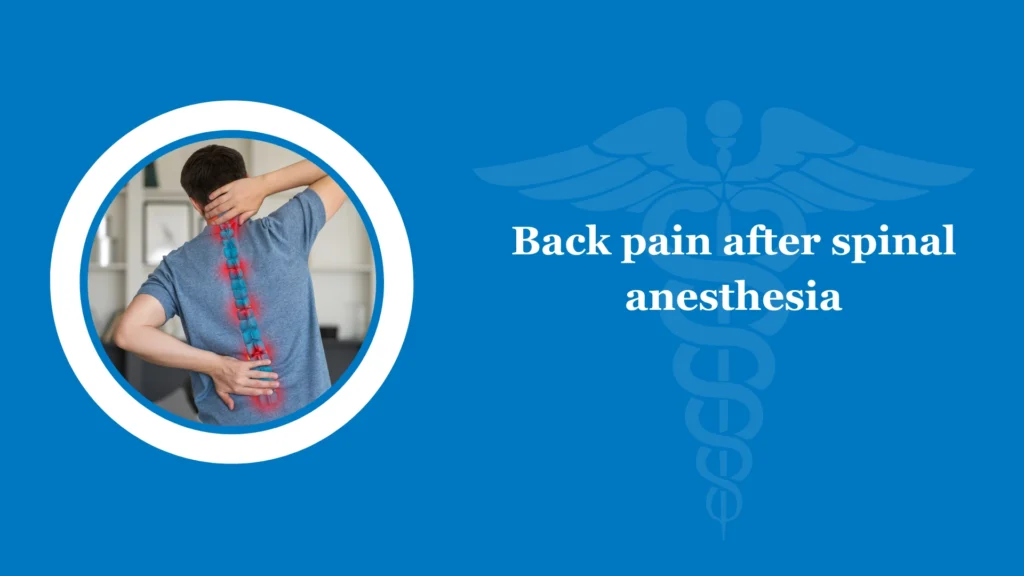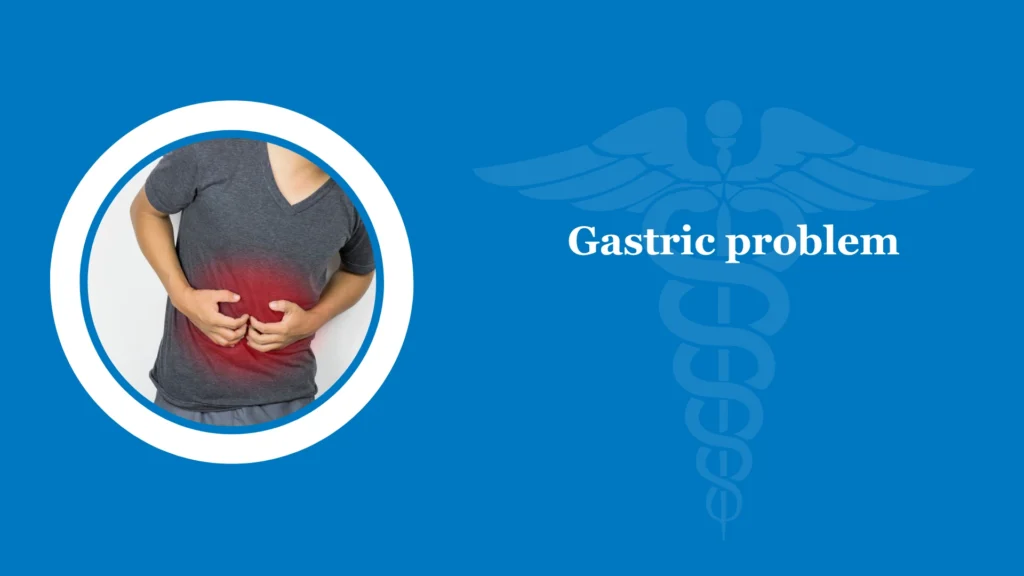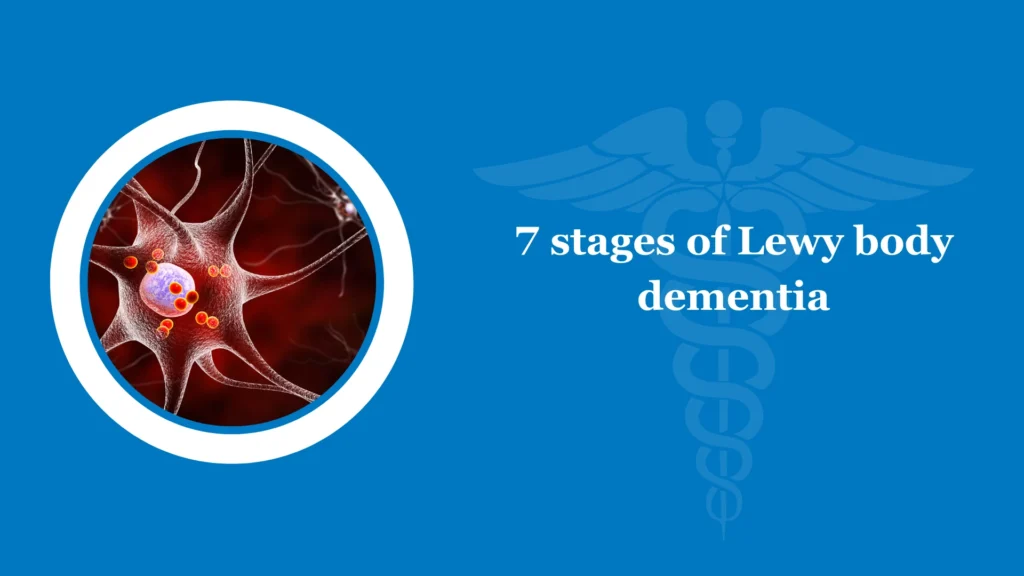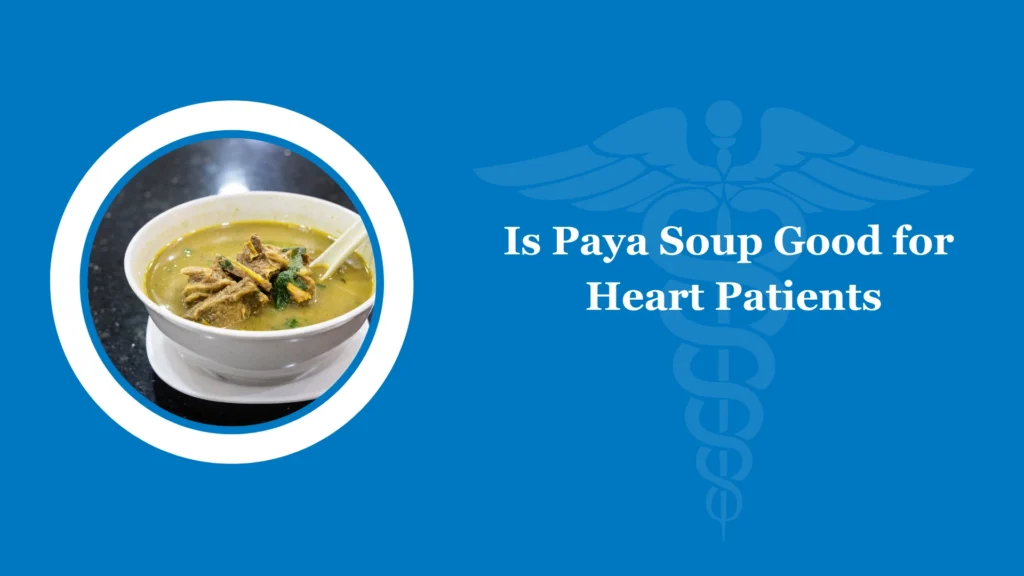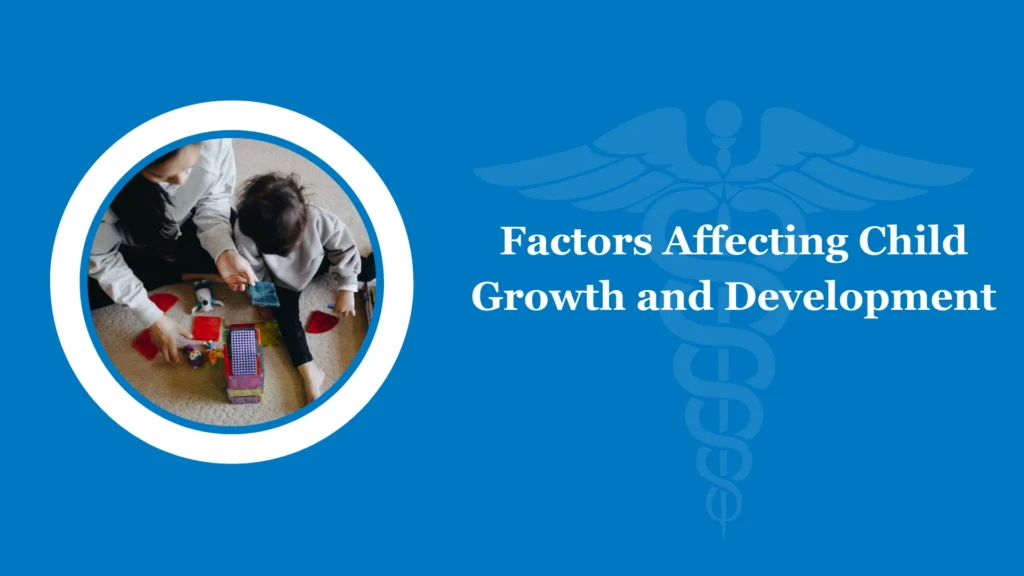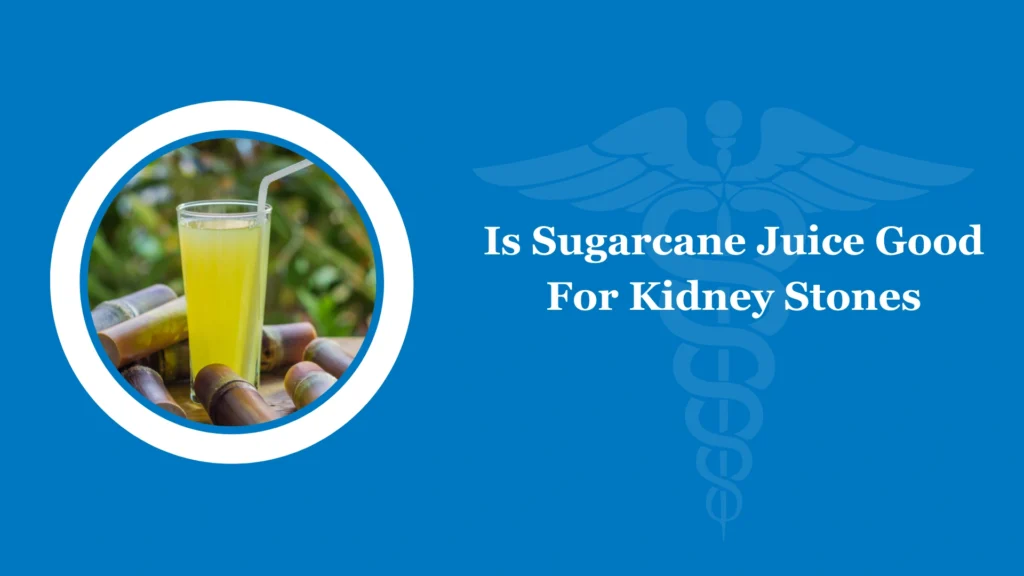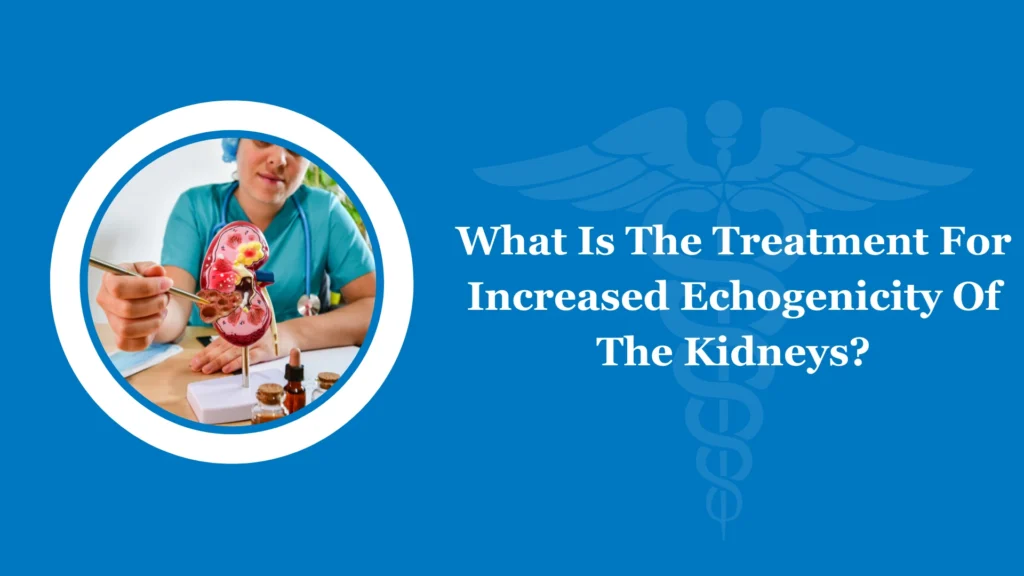Once your embryo is transferred to you there are several things you must follow. After successful embryo implantation you are advised to be more conscious of what you are doing in your daily routine. Because this is the very crucial stage which decides the success rate of this whole IVF process.
Taking full bed rest is not necessary but avoid some heavy movements. Let us discuss your do’s and don’ts after embryo transfer in In vitro fertilisation.
Things you should do after ivf embryo transfer
There are various activities you can handle after your embryo transfer. They are as follows:
1. Pamper yourself for a couple of days
You have undergone a foremost life changing moment. You are given a chance of caring for a child in your womb. So you must be responsible and careful for each and every movement. Be yourself calm and relax. Sleep at least eight hours at night and two hours at day.
You are not advised to take full bed rest but you may do your routine and avoid some extra heavy work. You can hear some lovely music and see comic scenes to laugh louder. You can enjoy your moments with your loved ones.Avoid more physical activities.
2. Keep taking your medications
Even though your hardest part of IVF is done successfully, you must follow the medications your doctor advised for you. Because your medication may help you to develop the implanted embryo. You are advised to take a pregnancy test after 12-14 days of embryo transfer by your healthcare provider. Till that you have to follow your medications strictly.
Set alarms and mark the time and date of the medicines you intake. Don’t forget to take essential medicines which makes your uterus a safest place to grow your child within you.
3. Eat a healthy diet
- Your diet must be filled with a lot of fruits and vegetables to ensure adding multivitamins in your plate.
- Keep yourself away from exposure to heavy heat temperatures. Excess heat may cause miscarriage.
- Avoid junk foods and outside foods which have artificial colours and taste enhance chemicals.
- Reduce the level of sodium intake as well as sugar.
- Processed foods and more sugary foods are restricted to take.
- Try to change to low fat dairy products and add good fats in your healthy menu.
4. Start taking a daily folic acid supplement
Folic acid plays a vital role in pre and after fertility treatment. It increases the rate of fertilisation, lower failure rate in embryo transfer as well as improves the quality of embryo. So the survival of the embryo is increased after implantation.
The required amount of folic acid should be taken to avoid neural related problems in newborn babies. It also prevents certain development abnormalities like spinal related issues.
It should be taken one month prior to your IVF treatment and also after embryo implantation for about 12 weeks of your pregnancy. You may be advised to take the folic acid medicine till the delivery of your baby for fulfilling adequate folic acid to the baby in the womb.
5. Pay attention to endocrine-disrupting chemicals
The chemicals which are creating direct impact with the human body’s hormones are parabens and pesticides. These chemicals are widely present in our environment and also in our daily food and products we use.
Endocrine disruptor foods:
- Red meat contains unhealthy fats
- Processed foods which are packed and tinned.
- Caffeine
- Soy and dairy products
Like this we are exposed to many endocrine disruptors in our day to day activities. We must be aware of our environment and lifestyle. These lifestyle changes may cause decline in the natural conceiving process for many couples. Man made chemicals cause dangerous changes in human metabolic which affects the sex hormones as well as developmental hormones highly.
Things you shouldn’t do after ivf embryo transfer
Like things you do, there are several things you should not do after embryo transfer in IVF treatment.
1. Having sex
Sexual intercourse is highly recommended to avoid because it may cause disturbance to the transferred embryo and lead to miscarriage. While doing sex , the muscles in the uterus are contracted and results in creating a shock for the embryo. So you must avoid your sex desire to save your baby in the womb.
2. Take a pregnancy test right away
Your health provider should urge you to take the pregnancy test after two weeks of embryo implantation.
3. Ignore troubling symptoms
First of all you must not ignore any small changes you feel in your body after implantation including mild sickness, vomiting, constipation, abdominal pain, etc,. But if the symptoms are persistent you must consult your doctor as soon as possible.
Conclusion
In conclusion, you are waiting for two weeks to get your pregnancy result. During these days you may develop some good habits to go through your pregnancy period. Engage yourself in low energy activities to ensure that you are not providing more pressure to your abdomen or whole body.
FAQs
What is not allowed after embryo transfer?
A highly recommended activity which should not be taken is Sexual intercourse. Because it causes the uterine walls to contract which may lead to miscarriage of the embryo. This sexual contact may disturb the embryo to get implanted into the uterus.
What precautions should be taken after embryo transfer in IVF?
Three major things should be taken carefully after embryo transfer in IVF. They are as follows:
- Bed rest – Keep yourself calm and relaxed and have adequate sleep at night and day time.
- Avoid active exercises – You should not give more pressure under your abdomen. You must avoid highly complicated workouts.
- Good nutritious diet – A diet full of nutritions is advised to take. A lot of fruits and vegetables are allowed to be added to your plate.
You are instructed to be at rest for one or two days after IVF transfer.
How many days should you rest after IVF transfer?
You are instructed to be at rest for one or two days after IVF transfer.
